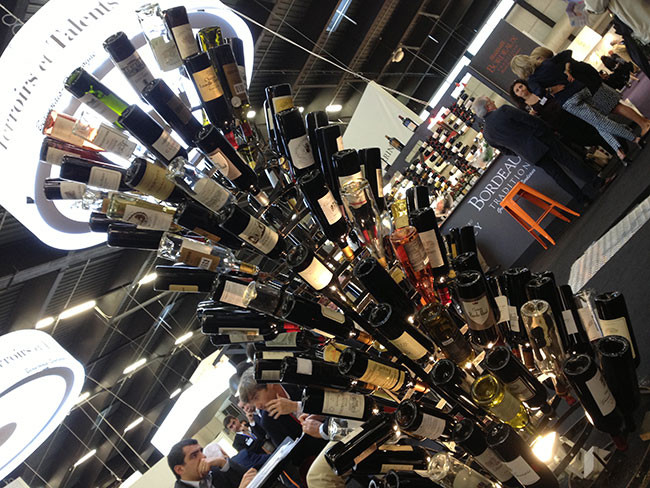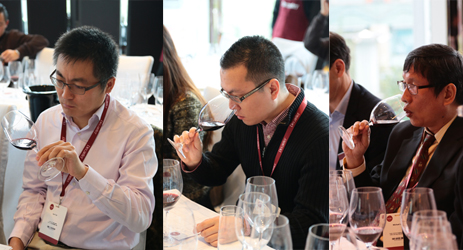Wine basics from the Chinese MW
Chatter about sulphites in wine had a revival a few months ago following an EU regulation on allergen labelling for food products, which I will not burden you with.
The subject was raised again when I was out for dinner last week by a sommelier discussing his wine list.
Fortunately, I do not belong to the tiny percent of the population estimated to have a sensitivity to sulphites, therefore I expressed my indifference towards knowing the sulphite status of the wines on his list. My only request was for the wine to be clean, taste good and express its sense of place.
As a result of this encounter, I felt it timely to write about sulphur dioxide (SO2).

Sulphur dioxide, a molecule composed of sulphur and oxygen, has been used as a wine preservative for more than 2000 years. Today, it is still widely used in winemaking for its antioxidant and antimicrobial properties. As an antioxidant, SO2 binds with compounds (aldehydes) that are formed during oxidation, removing the typical bruised apple aromas and flavours. As a disinfectant, SO2 prevents the growth of bacteria and yeast that causes off-aromas and flavours. Equally, too much SO2 can also impact the profile of the wine, disguising a wine’s expression of site.
These days, quality conscious winemakers employ strict hygiene in the winery (easier today with modern technology than it was decades ago) so they are able to use just enough SO2 to capture the wine in its intended state.
Contrary to what some may believe, all wines contain some SO2 because yeasts produce it during fermentation. SO2 is also often unfairly blamed for headaches, even though wine contains a proven headache causing ingredient, alcohol. Finally, I have yet to hear headache complaints associated with a packet of dried apricots, burgers or sausages, all of which have higher allowable limits of sulphites than most still dry and off-dry wines in the EU.
Translated by Sylvia Wu / 吴嘉溦
All rights reserved by Future plc. No part of this publication may be reproduced, distributed or transmitted in any form or by any means without the prior written permission of Decanter.
Only Official Media Partners (see About us) of DecanterChina.com may republish part of the content from the site without prior permission under strict Terms & Conditions. Contact china@decanter.com to learn about how to become an Official Media Partner of DecanterChina.com.









Comments
Submit